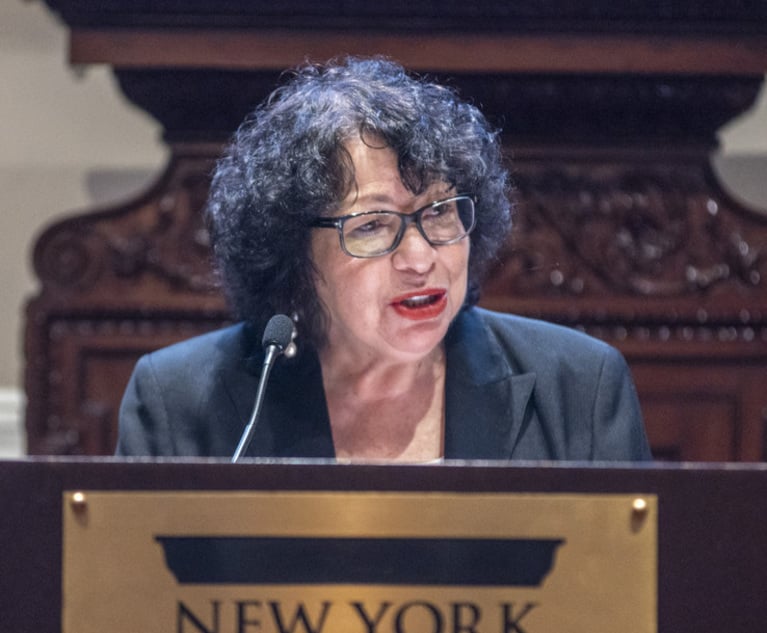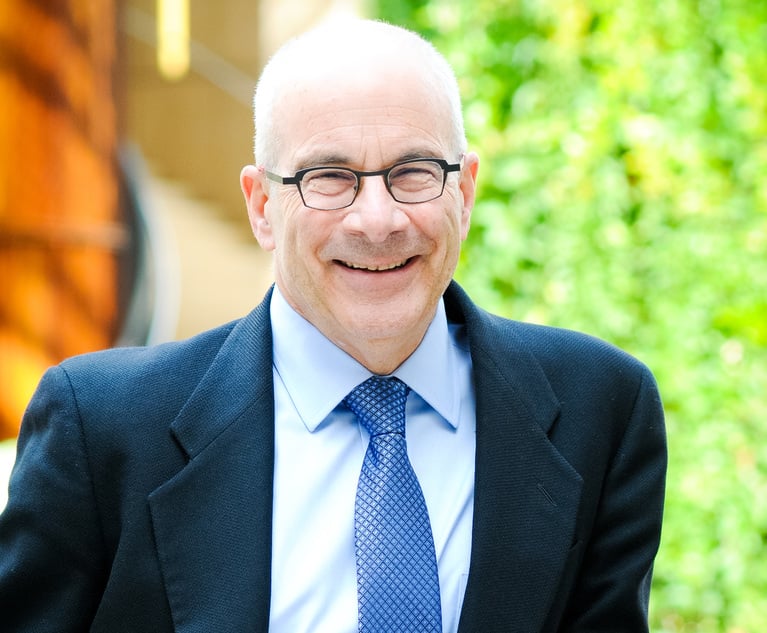As this column has observed over the years, when federal prosecutors focus their attention on high profile misconduct that is not an obvious violation of federal criminal law, they often cannot resist the attractions of broadly worded “catch-all” fraud statutes like the one prohibiting wire fraud. From time to time, however, the Supreme Court has pushed back on efforts to further expand the boundaries of these statutes, leading to reversals of some well-publicized criminal convictions. The most recent example is the Supreme Court’s reversal of the “Bridgegate”-related convictions of Bill Baroni, the former Deputy Executive Director of the Port Authority, and Bridget Anne Kelly, the former Deputy Chief of Staff to former New Jersey Governor Chris Christie. The unanimous “Bridgegate” decision’s rationale, however, was relatively narrow. The court, for example, did not expressly weigh in on the controversial “right to control” theory, which provides that a defendant deprives a victim of “property” as required under the federal fraud statutes if he or she denies the victim the right to control how its assets are used. The extent to which the principles articulated in that decision will have an impact on future federal fraud prosecutions is currently being tested in another high-profile case currently on appeal before the Second Circuit where the “right to control” theory is at issue—the NCAA “hoops” case, otherwise known as United States v. Gatto.
Bridgegate Decision Reins in Prosecutors
In a 2013 incident that has since become infamous, to retaliate against Fort Lee’s mayor, who refused to back then-Governor Christie’s reelection campaign, Kelly, Baroni, and Baroni’s chief of staff, David Wildstein, coordinated to close two of three lanes reserved at the George Washington Bridge’s toll plaza for Fort Lee’s morning commuters. The lane closures caused four days of gridlock in Fort Lee, and ended only when the Port Authority’s Executive Director learned of the scheme. Wildstein pleaded guilty and agreed to cooperate with the government. Baroni and Kelly were tried and convicted before New Jersey District Judge Susan Wigenton in 2016 under the federal statutes prohibiting wire fraud and fraud on a federally funded program or entity. See 18 U.S.C. §§1343, 666(a)(1)(A). Their convictions were upheld by the Third Circuit. United States v. Baroni, 909 F.3d 550 (2018). In a unanimous opinion issued last month and authored by Justice Elena Kagan, the Supreme Court reversed the convictions, holding that statutes prohibiting wire fraud and fraud on a federally funded program “target fraudulent schemes for obtaining property”—referred to by the court as “property fraud”—and that the government failed to prove such a scheme. Kelly v. United States, 140 S. Ct. 1565 (2020).


 Robert J. Anello and Richard F. Albert
Robert J. Anello and Richard F. Albert




